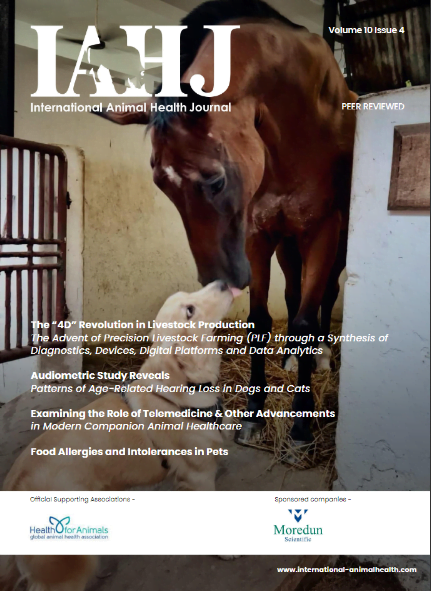
Further bird flu outbreaks caused by migrating birds are likely to hit Europe in the future after a second outbreak in as many years on the continent that was down to chance, said the head of the world animal health body.
A total of 18 European countries have been hit by the contagious H5N8 strain since mid-October, leading to the culling of over 1.5 million poultry so far.
France, which has the largest poultry flock in the European Union, has ordered a massive cull of hundreds of thousands of ducks and geese in southwestern France to halt the spread of the virus. It widened the zone on Tuesday.[nL5N1F02OI]
“Bearing in mind that particularly in Asia there are always different viruses bubbling up — no region is really safe from fresh contamination, particularly from migrating wild birds,” Monique Eloit, director general of the World Organisation for Animal Health (OIE), told Reuters.
Even so, she said outbreak’s like this year’s one in Europe depended on the migratory routes of birds from Asia and there was therefore an element of chance as to whether the birds touched down in poultry-heavy areas.
“In Asia you have an almost permanent situation of influenza cases,” she said. “In Europe, and particularly in western Europe, it’s a situation that’s particular to this year.”
Foie gras producers in southwestern France were particularly vulnerable however, she said, because ducks need to spend most of the time outdoors, raising the risk of contamination.
Millions of birds have also been slaughtered in South Korea and Japan as a different strain of the virus spreads through Asia, where outbreaks are more common, Eloit said.
In China, over 100 cases of human contamination of a different strain — H7N9 — have been detected leading to 20 deaths in December according to the National Health and Family Planning Commission. [nL4N1F136H]
But Eloit said the European strain had not been found in humans and there was little chance it would.
“Historically H5N8 has never been referenced as posing a potential risk to man,” she said.
Southwestern France was the centre of a severe outbreak of bird flu a year ago – although that turned out to be other strains of the virus – which led authorities to halt foie gras output for several months in a move that producers say cost them 500 million euros ($528.95 million).
Source: http://uk.reuters.com
More bird flu outbreaks can be expected in Europe – animal health chief
Animal Health Media © 2024, All Rights Reserved – Powered by Teksyte











